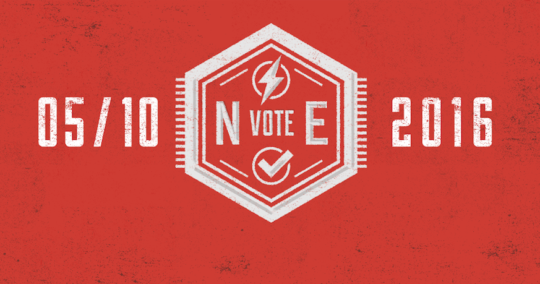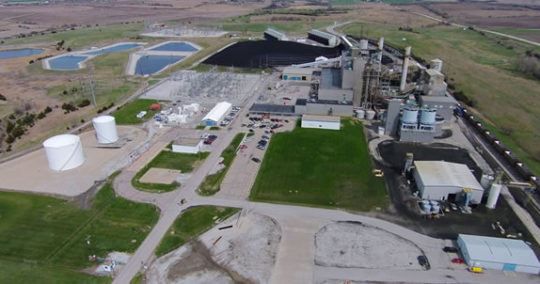Communities all across the country are declaring energy independence and building their own energy infrastructure that harnesses clean, renewable energy generation. From tiny towns such as Harvard, Massachusets, to mid-sized cities like Gainesville, Florida, to the huge metropolitan center of Los Angeles, California, citizens and leaders across this nation are enacting CLEAN(Clean Local Energy Accessible Now) projects that create jobs, boost economic benefits, and provide reliably-priced power. In the end, energy customers are gaining access to clean, renewable energy, contributing to their local economies, and protecting against the increasing long-term health, environmental, and economic damage caused by outdated forms of carbon-emitting energy.
In a recent blog post by Edward Erikson and Matthew MacWilliams on the Huffington Post Green Blog:
CLEAN contracts are a proven tool for driving the adoption of wind, solar, and biomass. Since the institution of a CLEAN contract in 2009 in Gainesville, the amount of electricity produced from solar energy in the city has increased by over 5,300 percent. With the addition of a new biomass plant, the Gainesville Regional Utilities will be 22 percent renewable by 2014, more than any other utility in Florida. On Long Island, CLEAN Contracts have spurred the development of over 100 MW of renewable energy. And in Vermont, CLEAN Contracts helped farmers use anaerobic digesters to capture methane from cows and transform it into electricity. Other businesses, like a local ski resort, have installed wind turbines next to chair lifts. Homeowners are finding creative ways to earn extra income, while at the same time producing clean energy for themselves and their neighbors.
In Nebraska, where many of our cities, rural communities and public power districts get a majority of their energy from aging coal plants that will require costly retrofitting to comply with environmental standards, we have a huge chance to benefit from the immediate economic growth and long-term price protection offered by CLEAN projects. As the health, environmental, and financial costs of coal continue to rise, it is time for Nebraskans to declare energy independence, build our own energy systems, put the public back in public power, and pave the way to a clean energy future.
According to Craig Lewis, the executive director of the CLEAN Coalition: “Local energy means local jobs, rapid renewable project development, private investment opportunities, and efficient power by generating close to where energy is used and avoiding transmission infrastructure.”
Leaders in Nebraska cities such as Lincoln, Omaha, Norfolk, Crete, and many others are beginning to realize the benefits of CLEAN projects in their communities, but they need the input and support of citizens to help them move forward on clean energy. That is why Bold Nebraska and other groups have launched a new Build Our Energy campaign to raise awareness, educate citizens, and build a network of New Energy Leaders across our state. Stay tuned for more information about meetings in your community, and donate to the cause.
What You Can Do Now: Especially if you’re a Lincoln resident, but even if you’re not, sign the petition asking the LES board to adopt a CLEAN contract for the city of Lincoln. As one of the state’s biggest users of power, the capitol city can be a model and set an example for other Nebraska communities to follow on our road to energy independence. Check out the petition and get more information on how to Power Lincoln Locally at http://powerlincolnlocally.com/.



